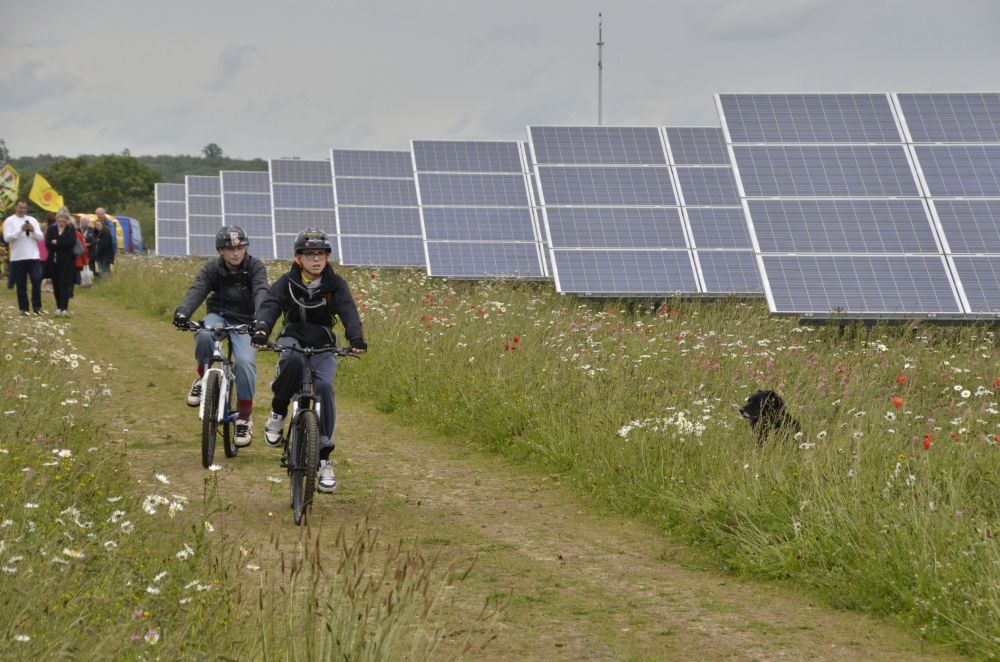Solar firms entitled to £132 million subsidy cuts compensation
The controversial decision by the UK government, back in 2011, to cut financial support for solar panels may end up costing them £132 million.

The controversial decision by the UK government, back in 2011, to cut financial support for solar panels may end up costing them £132 million.
A legal challenge was mounted by Friends of the Earth and two solar companies back in 2011, as an immediate reaction to the cuts, with a judge deeming that the changes were indeed unlawful. This was as a result of the short 6-week notice period provided to the solar companies and the fact that the changes were not in adherence to the consultation rules.
The success of this first round of legal action encouraged a further 14 companies within the solar and construction industries to seek compensation. This week, their claims have been granted, with the high court ruling in favour of compensation. The government's Department of Energy and Climate Change (DECC) has stated they would be appealing the decision, although this was also the case back in 2012, when they were unsuccessful.
The DECC claim that they believe that the changes were lawful and were actually intended to protect customers, further insisting that it had no impact on the success of solar companies. The solar companies, for their part, argue that such was the haste of the decision that it actually directly led to the cancelling of contracts at a huge loss to them. There is also the widespread opinion in the industry that a more considered, gradual decrease in subsidies would have actually catalysed greater growth.
With feed-in tariffs now stable and the production cost of the solar PV units coming down in price, the industry is once again in a healthy position. There is, however, a strong sense that the approach of the DECC in 2011 was grossly unfair and led to two years of uncertainty at a time when innovation and progress should have been allowed to prosper. Friends of the Earth also commented that the money could have been much better spent on encouraging home and business owners to install solar systems, in order to wean them off fossil fuels.
The recent ruling comes at a time that UK solar is breaking records. This week, due in part to the sunny weather, saw the UK generate 7.8% of its total electricity through solar. Although this is a long way off Germany, for example, which passed 50% in solar generation for the first time last month, it does indicate that solar energy generation has almost doubled in the UK over the past 12 months. According to experts, it is likely that the share of solar within the UK's total energy generation will double again next year, with some suggesting that levels of up to 30% are possible.
The UK energy minister Greg Barker has welcomed the news, suggesting that the environment is not the only winner, but that the progress will also catalyse further job creation, whilst reducing the cost of energy for consumers. Despite the positive news across the European continent, China has now become the second largest solar capacity after Germany, whilst maintaining its position as the largest manufacturer of panels.





